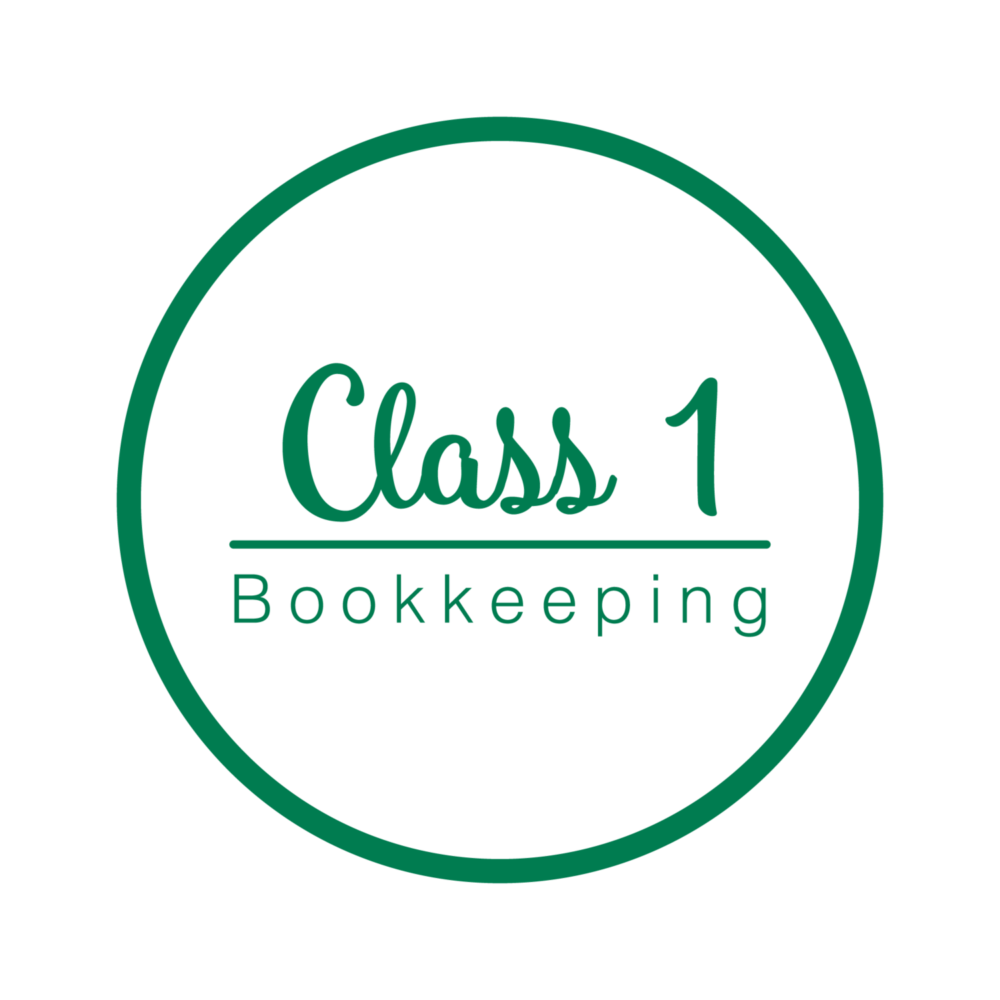First thing’s first: Your business is your business. It is NOT your bank or the same as your personal finances. You need to keep everything separated. That is the economic entity principle and the best way to run your establishment.
However, it isn’t always easy to start a business without mixing funds and expenses. So here are some quick tips to help.
- Designated Bank Account. You know you’re starting a business. Get a special bank account or savings account. Plan to go to the bank as soon as you get your first day’s income; put that on your business plan calendar.
- Credit Cards. Get a company credit card in the beginning for start-up expenses. It is no cost to you, and certain cards have spending bonuses in the first months. IF you choose to use your personal credit card for business expenses, stop putting personal expenses on that card for the time being. Dedicate it to your business expenses only so there is no confusion around purchases.
- Accounting Plan. You want to handle your business finances on business time. Don’t go home and start paying your personal bills while mixing in business billing and payments and family and pets. Train your mind to differentiate between home and work and you will save time while also avoiding common errors.
Create a system for how and when you pay bills and order purchases for your company. This is not something people think about, but it will make a huge difference when it comes to keeping your stress level low and your businesses efficiency level high.
- Pay yourself like an employee. Have a salary or percentage that you will pay yourself and a regular payment schedule. Dipping into your business income or product to keep your personal life alive is a bad habit and an easy way to start mixing funds, which can lead to hurting your potential business growth and success long-term. By keeping your pay amount the same or a set percentage on a regular payday schedule, you can always track your personal income from your business.
- Get a bookkeeper. You are a business owner and professional now. Delegate the daily financial tasks to your bookkeeper so that you have more time to oversee management and operational issues. Leave the reconciliations and tedious number crunching to the bookkeeper. Your part is to provide the materials and then assess and act on the data and information being reported back by your bookkeeper daily and monthly.
BONUS: Other financial options. Don’t forget BEFORE YOU OPEN that it is important to have an accountant, as well as a plan for payroll and accounts payable and receivable supposing your bookkeeper is not handling those tasks. You never want to be in the position where you are stressing over tax estimates because they are due in one week and you aren’t equipped or ready to file them personally.
**Always shop around for the best institutions and service providers for your businesses needs.
In general, having these tasks planned out and delegated to someone on the front end is necessary to make sure you are financially successful and most importantly effective at keeping your business and personal finances separated. Even if you plan to take on most of these tasks personally, use your accounting plan to organize how you will complete the financial tasks like a professional.
Now that you know what to do to keep your personal and professional finances separated you can master the first rule for starting your business –the economic entity principle. For more help, contact Class One Bookkeeping for a free consultation.


Recent Comments